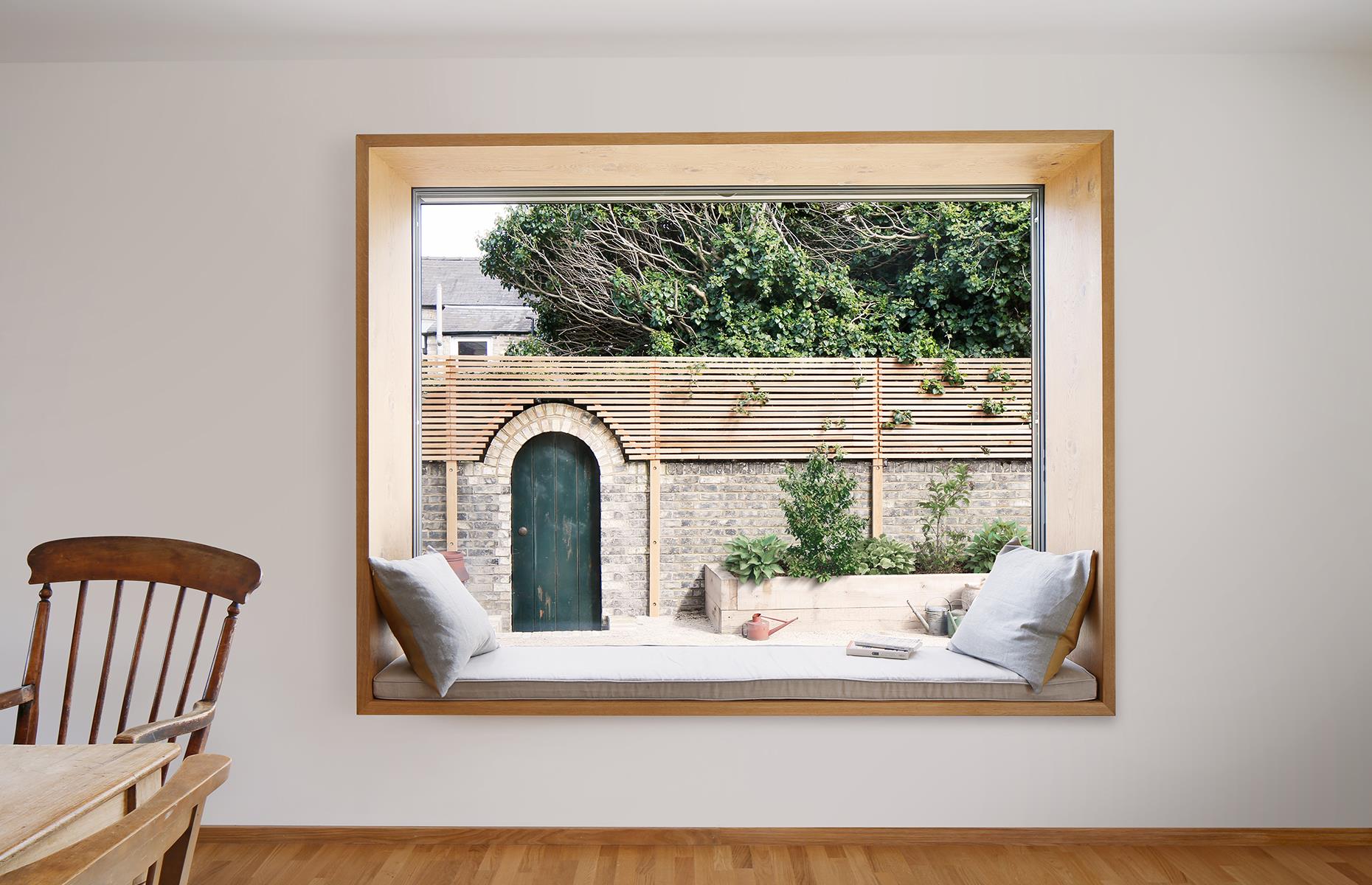4 property insights you need for 2020

Looking to buy or sell a house in 2020? We reveal what you need to know if you’re buying, selling or letting property in the coming year
Making predictions about the property market and house prices is always tricky. Following the general election result, the plan for Brexit by December 2020 at least gives homeowners a little more clarity on what to expect for the year ahead.
Looking back on 2019
Overall, property prices have stayed relatively flat in 2019, continuing the slowdown in growth we’ve seen over the last three-and-a-half years. In the UK as a whole, prices have gone up by just 0.8% over the past year according to Nationwide’s latest house price index covering November – the 12th consecutive month that the change has been less than 1%.
Halifax’s November index put the annual increase at 2.1% however while The Office for National Statistics (ONS), which has currently released data up to October, reported an increase of just 0.7% – the lowest since September 2012.
Looking at changes on a national level hides the significant differences that have been seen between regions. For example, in London prices have actually shrunk – by 1.7% in the year to September according to Nationwide’s quarterly index and by 0.4% according to the ONS – while in Northern Ireland they went up by 3.4% and 4% respectively.
So what can you expect in 2020?
Here are four things that will help you make the best decisions next year, whatever your property plans.

1. When Brexit happens, the housing market and house prices will pick up again
Uncertainty over Brexit since 2016 has made many people cautious about buying and selling property so plans have been put on hold, which has been a major factor in the market slowdown.
We don’t yet know how the new government's actions will impact the economy and the property market but as the Conservatives won the election with a large majority it's very likely that Brexit will go ahead on 31 January. This should prompt a flurry of activity in the property market as the pent-up demand is released, leading to prices rising more quickly again.
If you are considering moving home and are in a good position financially, it could be worth acting now before prices go up. Check what the market is doing in your area though. Visit Zoopla to search for house price trends by postcode.
2. Mortgage rates could go up but will still be historically low
The Bank of England base rate has been at 0.75% since August 2018 and below 1% for the last 10 years, which has meant historically low mortgage interest rates. Low borrowing costs have helped to keep the property market more stable than it otherwise would have been in the uncertain climate of the last few years.
The Bank voted to keep the base rate at 0.75% again in November but said that it expects that we’ll leave the EU with a deal and the economy will grow again as a result.
If this does happen, prices are likely to go up and inflation may rise to above its 2% target so to keep it there the Bank thinks that ‘a modest increase in interest rates is likely to be needed’.
However, this may not have a big impact on mortgage deals as lenders will continue to compete for customers.
Martijn van der Heijden, chief strategy officer at online mortgage broker Habito, says: "In November 2019, we saw two-year fixed deals fall below 1%, and more 10-year fixes come into the market. I think 2020 will show banks continuing to drop their prices, making mortgages cheaper for more homeowners."

3. The energy efficiency of homes will become increasingly important
The latest figures released by the ONS show that our homes were responsible for 15% of the UK’s total greenhouse gas emissions in 2017. This is less than the 27% from transport but still a significant proportion that must be cut as part of the UK’s strategy to reduce its emissions.
There has been more talk of a climate emergency this year than ever before. In fact, Oxford Dictionaries has declared ‘climate emergency’ to be 2019’s word of the year and by September its usage had increased by 100 compared to 2018.
Homebuyers are likely to become increasingly concerned with the energy efficiency of properties to help the planet as well as their finances. Clare Coode of Stacks Property Search said: "Efficiency has started to trump period beauty – especially for the young and the older generation who have lost their appetite for high-maintenance and draughty homes."
If you’re thinking of selling your home it’s worth making improvements to boost its energy efficiency. If you’re buying, pay attention to the energy performance certificates of properties, which show their energy usage and how to reduce it.
4. Rents are expected to increase, benefitting buy-to-let investors
Buy-to-let investors have been hit by a number of rule changes in recent years that have seen many exit the market.
An extra 3% was added to the stamp duty payable on buy-to-let property purchases in 2016 and since 2017 the tax relief landlords can claim for the mortgage interest they pay has been reducing. From April 2020 they will get basic-rate tax relief only. Tighter lending criteria were also introduced for ‘portfolio’ landlords in 2017.
Because the number of landlords and buy-to-let properties has been falling while tenant demand is increasing, rents are now rising. In its latest UK Residential Market Survey report, the Royal Institution of Chartered Surveyors said that it expects every region of the UK to see an increase in rents over the next three months.
This is good news if you still own a buy-to-let property or are thinking of buying one as you can charge a higher rent than before but it's bad news for tenants as their monthly outgoings are likely to increase over the next year.
Let's see what the next 12 months hold and whether these predictions will pan out!
Image: Shutterstock/jaturonoofer
Comments
Be the first to comment
Do you want to comment on this article? You need to be signed in for this feature